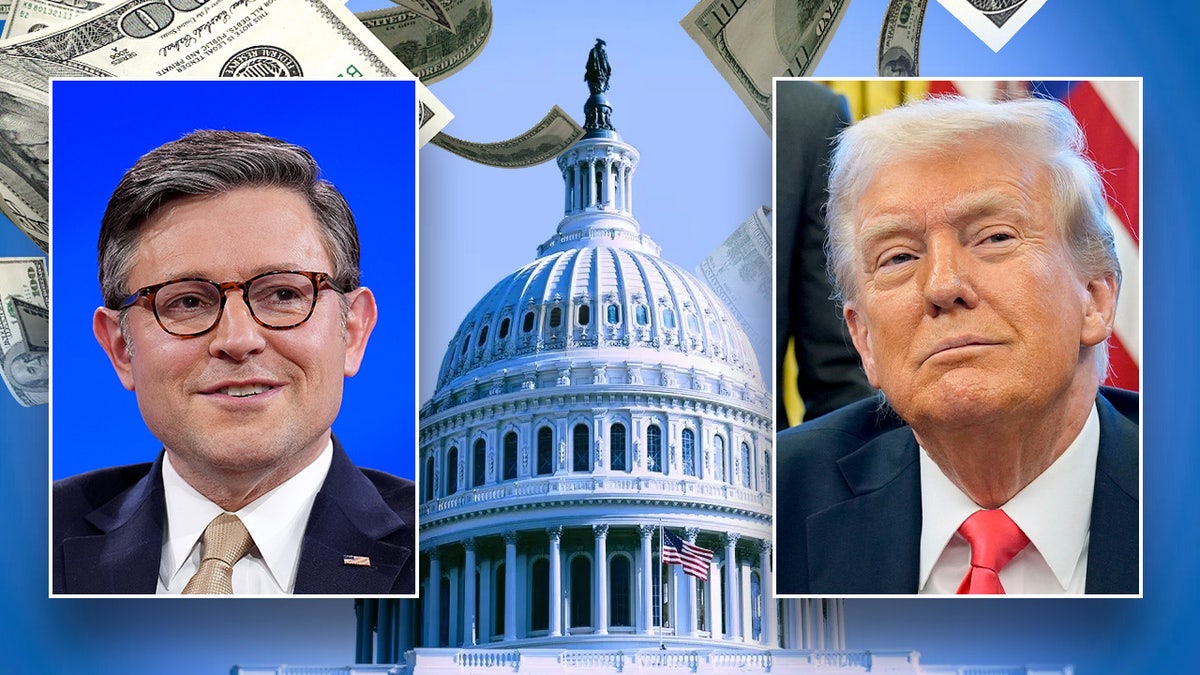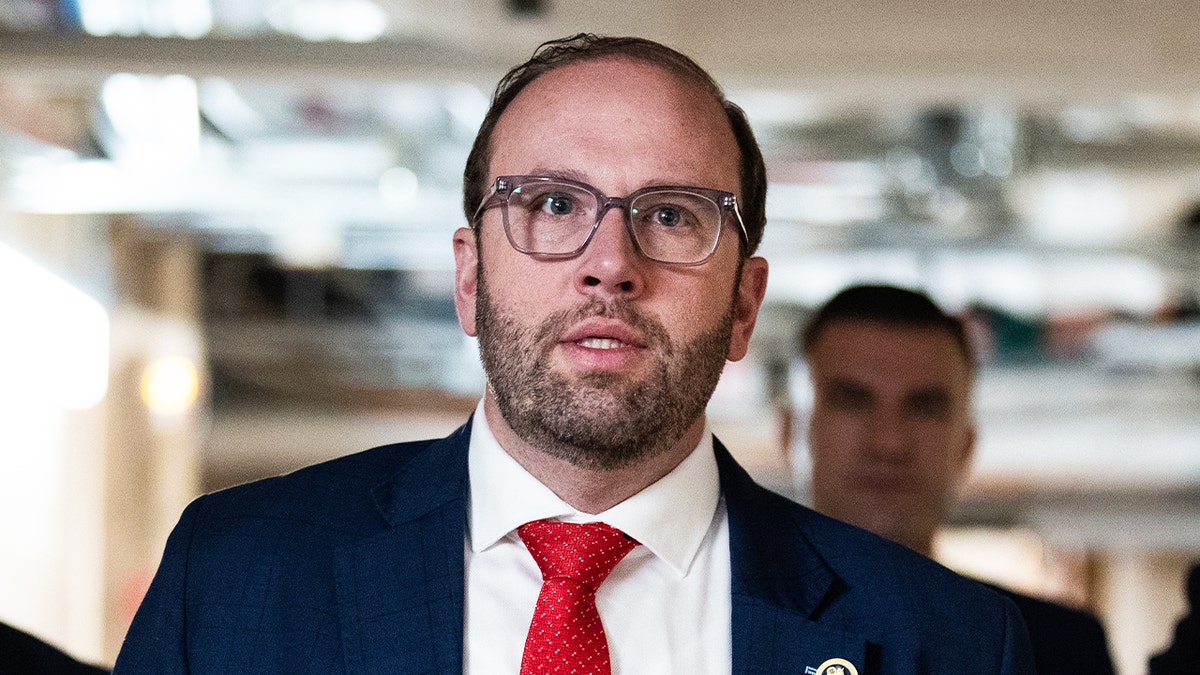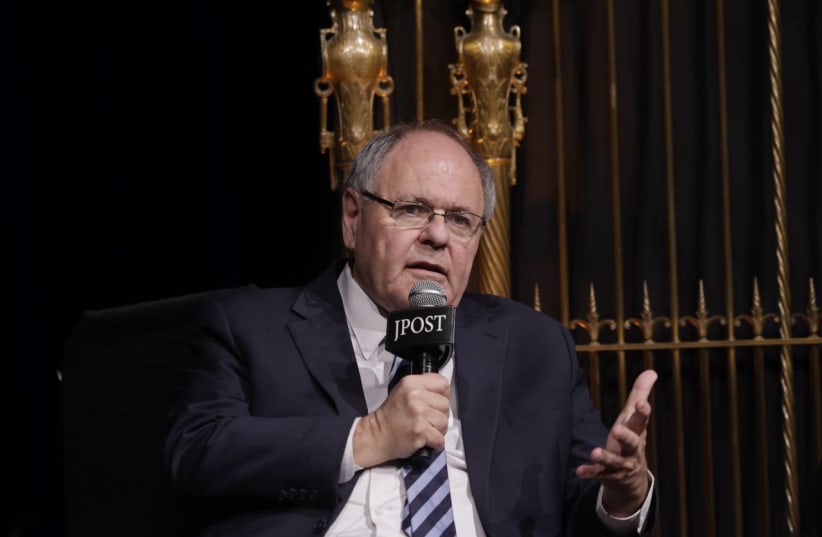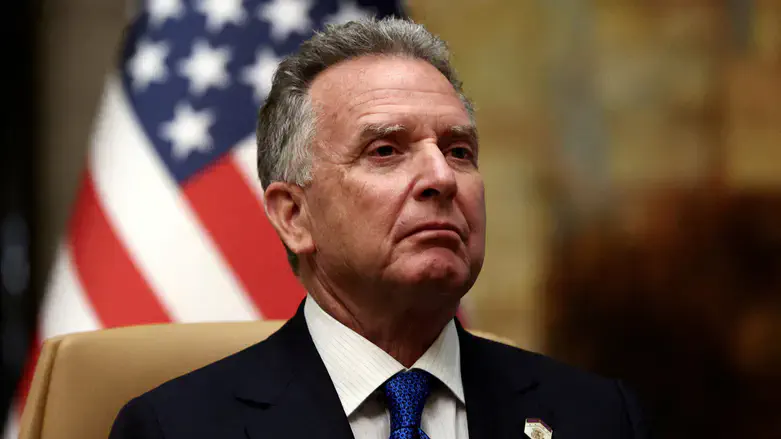by Karys Rhea
The EU would never allow an external entity to abridge the sovereignty of one of its own member states in this way, nor would it endorse such behavior anywhere else.
The international community continues to conspire against the reality of Israel's existence by testing the limits of its sovereignty and threatening the Jewish right to self-determination and self-defense.
The EU would never allow an external entity to abridge the sovereignty of one of its own member states in this way, nor would it endorse such behavior anywhere else.
"To think that the Palestinians are only enraged about settlements is also fatuous nonsense. Talk to the 15-year-olds. Their grievance is not just with Israeli settlements, but with Israel. Most Palestinians simply do not accept that the Jews have any authentic right to be here." —Thomas Friedman, New York Times, October 31, 2000.
The progressive international public has fervently bought into the red herring of Jewish settlements while hypocritically remaining silent regarding settlement activity in Western Sahara, northern Cyprus, Ceuta and Melilla, Tibet, Kashmir and the Falkland Islands.
The mainstream media and cultural apparatus conveniently ignore the history of these Jewish "settlers," many of whom are indigenous to the region but whose parents or grandparents were forcibly expelled from the West Bank or parts of Jerusalem in 1948 when Jordan seized and occupied territory. Instead of acknowledging them as descendants of refugees merely returning home...
Those who understand the scope of this have witnessed how the plan of former Palestinian Authority Prime Minister Salam Fayyad is part of a much bigger strategy of illegal land use that extends to the Negev Desert in the south and to the Galilee in the north, all driven by a European-supported narrative that replaces Jewish history with the 20th-century fiction of Palestinian-Arab nationalism.
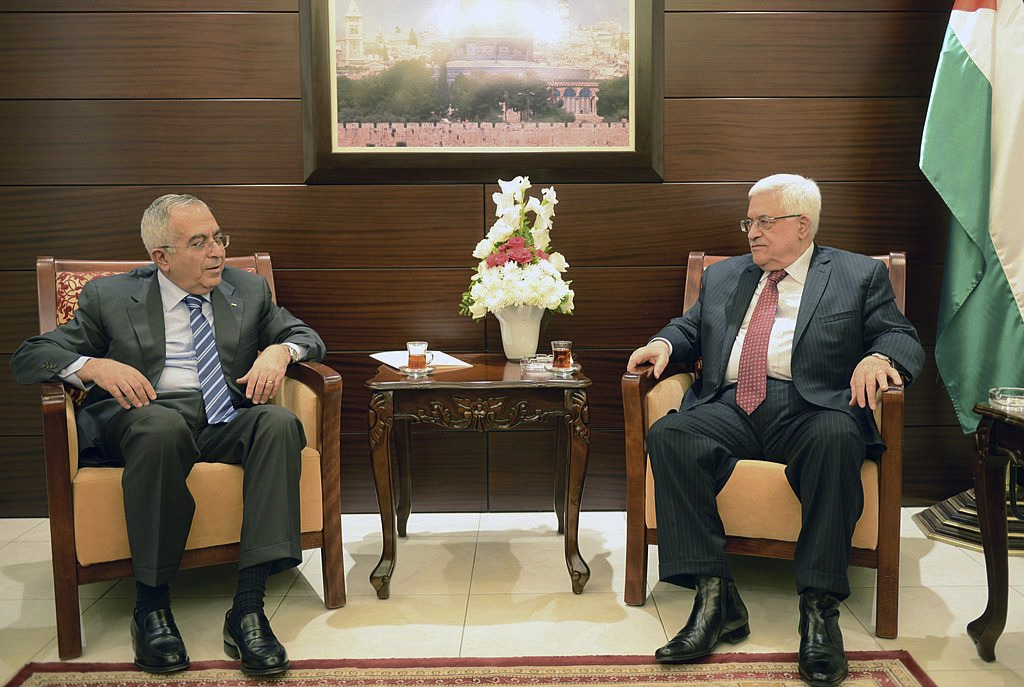
The international community continues to conspire against the reality of Israel's existence by testing the limits of its sovereignty and threatening the Jewish right to self-determination and self-defense. Palestinian-Arab society, among the most antisemitic in the world (long before Jewish communities in the West Bank were part of the picture), in which Palestinian Authority government-controlled television, media, textbooks and mosques encourage violence against Jews, praise Adolf Hitler, characterize Jews as "apes and pigs," and deny the Holocaust, use Jewish "settlements" as a smokescreen to distract from their real agenda based on a single belief held for centuries: Jews do not belong.
Thomas Friedman of the New York Times, who can hardly be accused of being a pro-Israel commentator, understood this upon visiting the region in 2000. "To think that the Palestinians are only enraged about settlements," he wrote, "is also fatuous nonsense. Talk to the 15-year-olds. Their grievance is not just with Israeli settlements, but with Israel. Most Palestinians simply do not accept that the Jews have any authentic right to be here."
The progressive international public has fervently bought into the red herring of Jewish settlements while hypocritically remaining silent regarding settlement activity in Western Sahara, northern Cyprus, Ceuta and Melilla, Tibet, Kashmir and the Falkland Islands. Talking heads seem infatuated with reporting on Jewish population growth, but consistently fail to differentiate between natural growth through births, and new housing through active expansion. In conflating these two, they are overlooking that Jewish settlement activity has actually been decreasing. And all new construction approvals in the Jewish sector are within existing municipal lines.
The mainstream media and cultural apparatus conveniently ignore the history of these Jewish "settlers," many of whom are indigenous to the region but whose parents or grandparents were forcibly expelled from the West Bank or parts of Jerusalem in 1948 when Jordan seized and occupied territory. Instead of acknowledging them as descendants of refugees merely returning home, pundits, politicians and protestors self-righteously invoke the Fourth Geneva Convention, disregarding its lack of application to Israeli settlers, who have never been coerced into moving or been forcibly relocated to the West Bank. "Jewish-only" roads that critics of Israel are keen to disparage as "racist" or "right-wing" are, in fact, a form of protection, constructed by Israel to bypass Arab towns where Palestinians continue to attack Jewish drivers in terror attacks such as shootings, firebombings and lynchings.
The Oslo Accords makes it explicitly clear that Area C is administered by Israel, and the Palestinian Authority leadership has made it clear that it no longer considers itself bound by that framework. The EU would never allow an external entity to abridge the sovereignty of one of its own member states in this way, nor would it endorse such behavior anywhere else. In bankrolling and assisting Palestinian construction in Area C, moreover, the EU undermines its stated purpose of supporting peace negotiations. That Israel has not only looked askance but is aiding and abetting this unilateral activity is utterly scandalous and borders on pathological. Israel's decades-long failure to formulate policy in the West Bank has turned life for Jewish and Arab inhabitants of Area C into a bureaucratic nightmare, what Israeli NGO Regavim calls a "black hole of law and order."
Palestinians frequently speak of the year 2030 as an end point, and have plans, vision, spirit, money and international support behind them. Maps used by the PA throughout the West Bank in textbooks and official documents completely erase the State of Israel, referring to the whole region between the Jordan River and the Mediterranean Sea as "Palestine." Those who understand the scope of this have witnessed how the plan of former Palestinian Authority Prime Minister Salam Fayyad is part of a much bigger strategy of illegal land use that extends to the Negev Desert in the south and to the Galilee in the north, all driven by a European-supported narrative that replaces Jewish history with the 20th-century fiction of Palestinian-Arab nationalism. If Israeli authorities do not lift their heads from out the sand, they may one day find that their Land of Israel has been swallowed up entirely.
This article, slightly different, originally appeared as part if a 10-part series in Western Journal.
Karys Rhea is a producer at the Epoch Times, a writing fellow with the Middle East Forum, a delegate for Israel365 Action, and a Rising Leader at the Global Liberty Institute. You can find her on X @rheakarys.
Source: https://www.gatestoneinstitute.org/21492/europe-illegal-land-grab-part-iii



